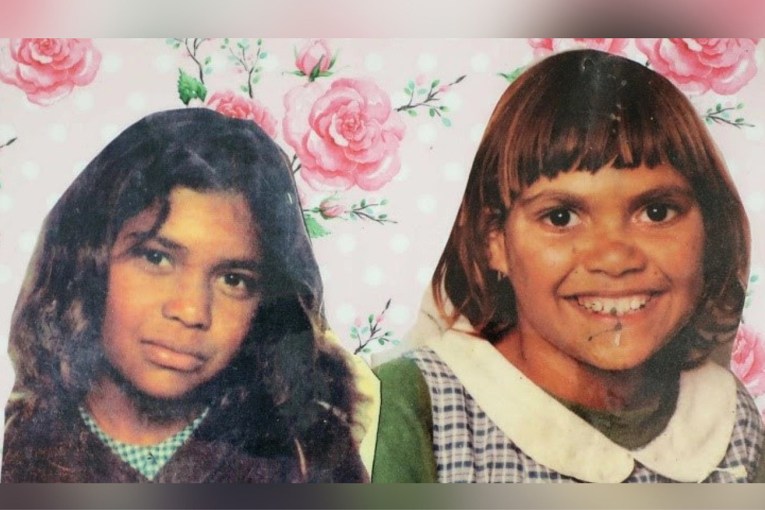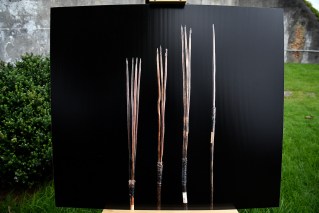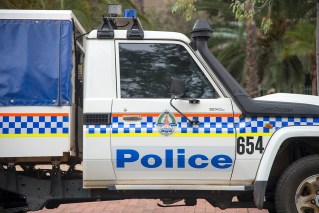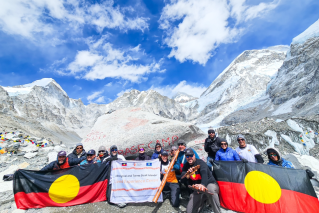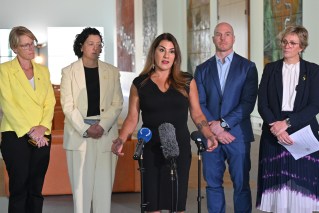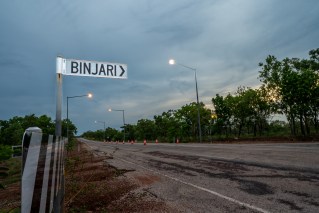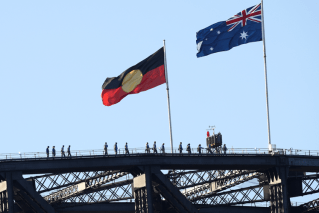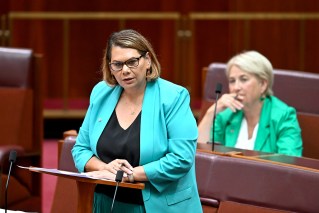Government mismanagement blamed for closure of Aboriginal tourist attraction

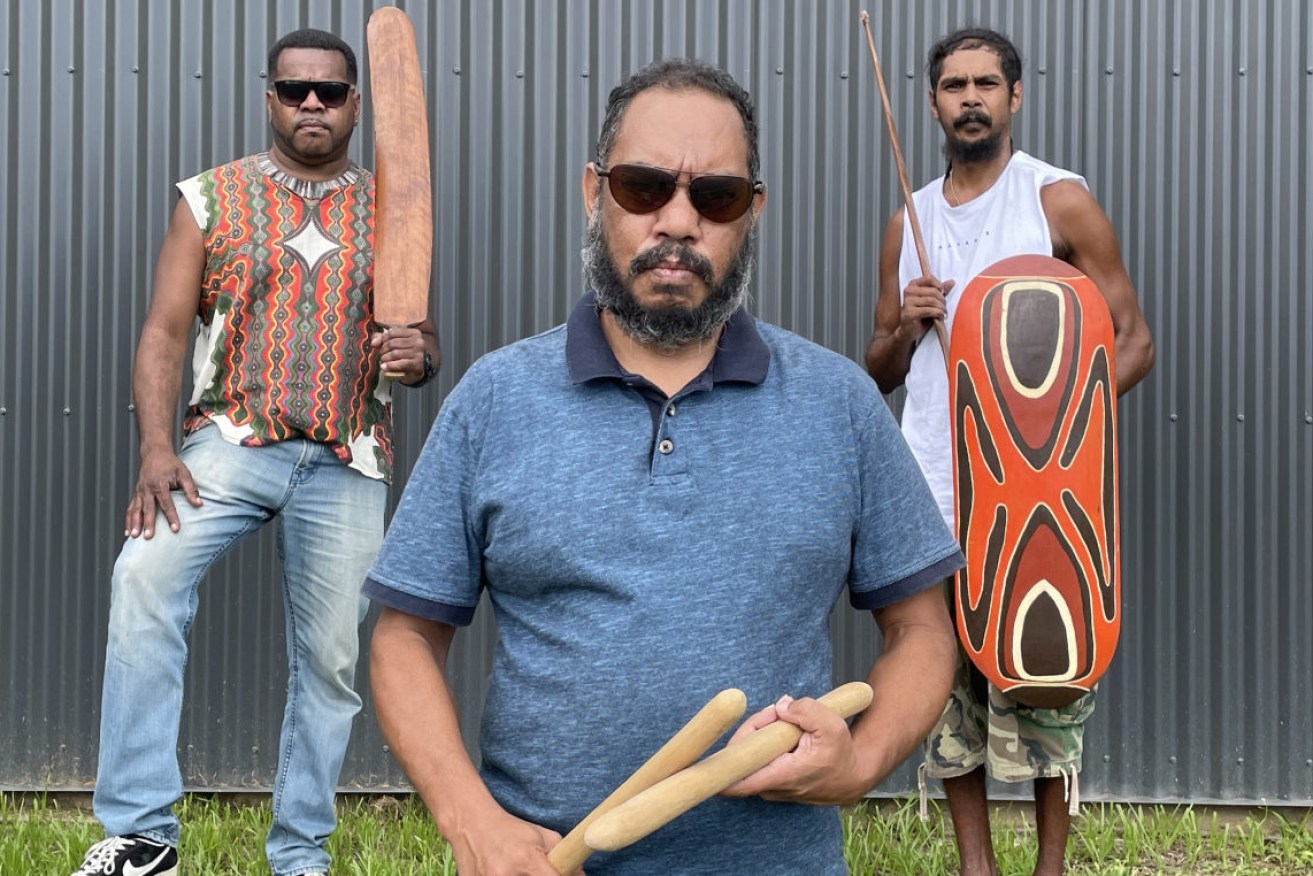
An iconic Australian attraction has closed, and the people behind it aren't happy. Photo: Tjapukai
The creators of Australia’s longest-running Indigenous tourist attraction have blamed government mismanagement for the site’s permanent closure.
After 33 years of operation that saw more than three million – including Queen Elizabeth and Prince Philip – pass through, Tjapukai Aboriginal Cultural Park has announced it will be forced to shut its doors.
Don and Judy Freeman, the park’s creators, said responsibility for its demise rests squarely on the shoulders of the government body that “drove it into the ground”.
“There appeared to be no consultation with the local Aboriginal community,” Mr Freeman told The New Daily.

Ms Freeman and her partner started Tjapukai as a small dance group in a basement in 1987. Photo: Tjapukai
Ms Freeman said that Indigenous Business Australia (IBA), which bought into the park in 2009, had ignored input and insights from the Indigenous people involved in its operations.
There was no longer any creative direction involved because all decisions were taken out of Tjapukai and moved to Canberra or Brisbane by a bunch of bureaucrats who had nothing to do with the place and had no relationship to it,” she said.
Though the COVID-19 pandemic also impacted patronage, the Freemans believe it was just the “final nail in the coffin”.
“It was just the end of a long path of mismanagement that saw Tjapukai come to its end, and that’s because of IBA,” Mr Freeman said.
“It’s a tragedy for Indigenous tourism that such a successful and iconic attraction should be allowed to die.
“It will be a major loss of employment for the Aboriginal community – meaningful and exciting employment.”
At its peak, the park had a staff of more than 100 and was Australia’s largest employer of Aboriginal people.
The park’s closure would mean its remaining 65 employees would be out of work.

Tjapukai creators want IBA held to account. Photo: Tjapukai
William Duffin, chairperson for Buda:dji who holds the Cultural Coordination Agreement for the presentation of Djabugay culture at the park, and is 50 per cent landowner, said IBA should be held responsible.
“Let’s be very clear here. Tjapukai is not owned by Djabugay people,” Mr Duffin said in a statement.
“Tjapukai Cultural Park is owned by IBA, a Federal Government agency – and they need to be held to account.
“During IBA’s 12 years of ownership of Tjapukai, they have failed to build capacity, achieve financial sustainability or maintain their assets.
“Furthermore, they have blatantly disregarded our Cultural Coordination Agreement and failed to consult with traditional owners, achieve employment targets and present Djabugay culture with integrity.”
Prince Philip’s faux pas
Bringing in more than $40 million in its time, Tjapukai Aboriginal Cultural Park has long been one of the nation’s most significant attractions and has won multiple global awards for its contribution to Australian tourism.
But in 2002, it made headlines around the world for a different reason.
Prince Philip gave Tjapukai the kind of publicity money can’t buy when he royally stuck his foot in it during a visit to the park with the Queen.

Prince Philip’s offensive blunder hasn’t been forgotten. Photo: Tjapukai
The Freemans were there that day and hosted her Majesty and the Duke of Edinburgh.
“We had introduced [Prince Philip] to the two different tribes of people, the Djabugay and the Yirrigandji, and he turned around and he said, ‘Are you mobs talking to each other or are you still throwing spears’?” Ms Freeman recalled.
“It was the front page of every newspaper in the UK … we got great coverage out of that,” Mr Freeman said.
Though the comment was widely deemed insensitive and racist, the Freemans said they weren’t too bothered by it.
“We all had a good laugh and the next day went, ‘Yep, look at the newspapers’,” Ms Freeman said.
It also wasn’t the first time Prince Philip has made racist and offensive remarks.
He once made a disparaging comment to a British student in China.
“If you stay here much longer, you will go home with slitty eyes,” he said.
In a World Wildlife Fund meeting in the 1980s, the Duke said:
“If it has four legs and it is not a chair, if it has got two wings and it flies but is not an aeroplane, and if it swims and it is not a submarine, the Cantonese will eat it.”
What now?
Though the park is sadly no longer operational, the Freemans ensured the land will stay with its traditional owners.

The park remains in the hands of the traditional owners of the land. Photo: Tjapukai
“When we moved down to the new site [in 1996] and built the park, Don made certain that the title to the land was placed in the names of the Djabugay and the Yirrigandji people so they actually have the title of the land,” Ms Freeman said.
“No matter what happens now the title to the 10 hectares … remains in the hands of the Aboriginal people,” Mr Freeman added.
“It’s important, in our opinion, that it be noted that the Aboriginal people that were involved in this always showed the highest professionalism, dedication, creativity … no blame should be laid at their feet.
“The blame is entirely with the management that ran this park – they drove it into the ground.”
